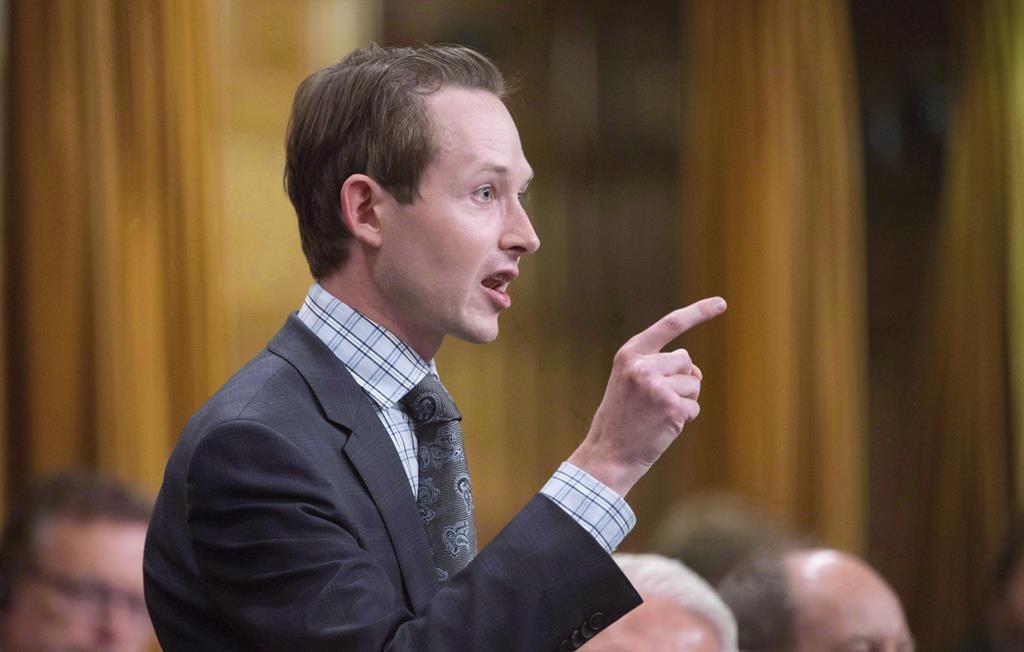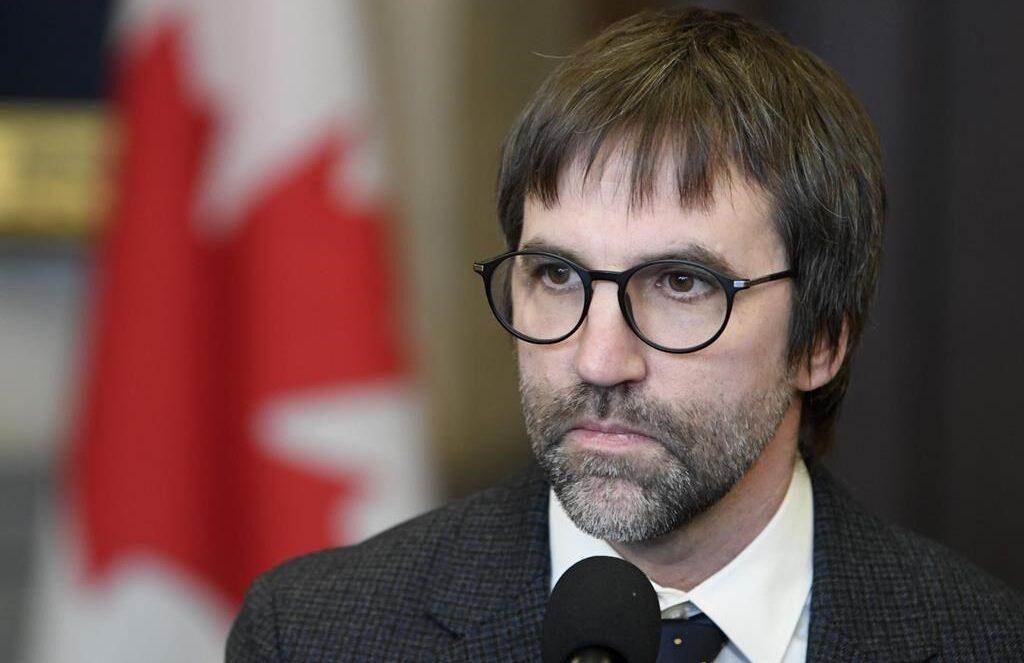Conservatives and physicians are raising concerns about abandoning what they say are key safeguards in Bill C-7, the new assisted dying legislation.
Tory MPs and the doctors held a press conference Nov. 19 to highlight their concerns about the new medical assistance in dying (MAiD) legislation, including that the changes introduced aren’t getting enough scrutiny and that a chorus of voices that oppose the legislation are being ignored.





